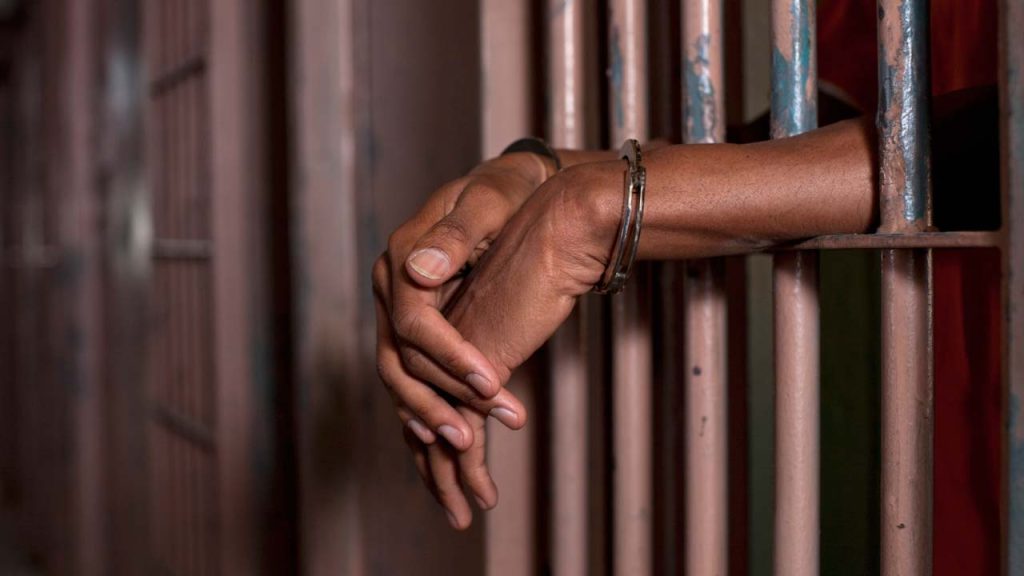Nigerian human rights advocate Oluwafunke Adeoye has condemned the death penalty as an unjust and counterproductive measure, citing systemic flaws in the country’s legal framework and its disproportionate impact on marginalized communities. Speaking to the News Agency of Nigeria in Abuja, the Executive Director of Hope Behind Bars Africa (HBBA) emphasized that capital punishment fails to deter crime while perpetuating cycles of violence and injustice.
“The death penalty is irreversible in a system riddled with errors and rights violations, creating an unacceptable risk of executing innocent people,” Adeoye stated. She highlighted concerns over Nigeria’s overcrowded prisons, where death row inmates endure what she called “prolonged mental torture” amid indefinite waits for execution. “Years of uncertainty about their fate inflict lasting psychological trauma — this is neither justice nor humanity,” she added.
Citing Nigeria’s membership in the World Coalition Against the Death Penalty, Adeoye outlined HBBA’s efforts to challenge capital punishment through legal representation, strategic litigation, and advocacy for criminal justice reforms. Studies refuting the deterrent effect of executions were underscored, with Adeoye arguing that punitive approaches overshadow opportunities for rehabilitation. “Justice must prioritize transformation over revenge,” she said, dismissing claims that executions are necessary for crimes like murder or terrorism.
Adeoye criticized Nigeria’s justice system for entrenched issues — including corruption, coerced confessions, and inadequate legal defense — which she said worsen the risks of irreversible judicial errors. She described executions as “state-sanctioned cruelty,” exacerbated by opaque processes that violate international human rights standards. Nigeria remains a signatory to treaties such as the International Covenant on Civil and Political Rights, which safeguards the right to life.
To address these challenges, HBBA advocates replacing punitive measures with non-custodial sentences, including community service and restorative justice programs. Such reforms, Adeoye argued, could reduce prison overcrowding, lower recidivism, and shift public perceptions of justice toward accountability and healing. “Aligning national laws with global human rights commitments isn’t just ethical — it strengthens the rule of law and Nigeria’s standing worldwide,” she noted.
Hope Behind Bars Africa, founded by Adeoye, combines legal aid, technology, and policy advocacy to advance criminal justice reforms in Nigeria. The organization’s work reflects growing international scrutiny of capital punishment, with over 170 countries having abolished or paused executions in law or practice.
